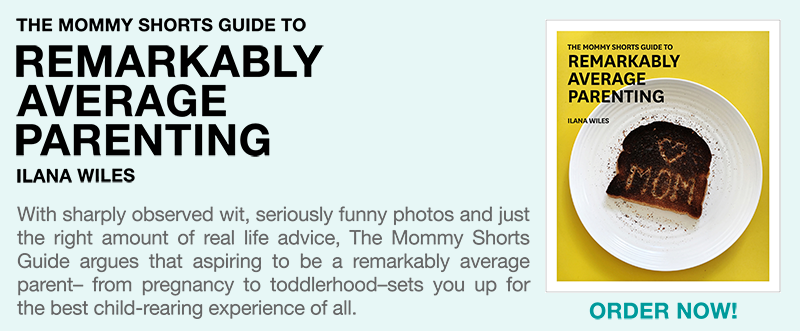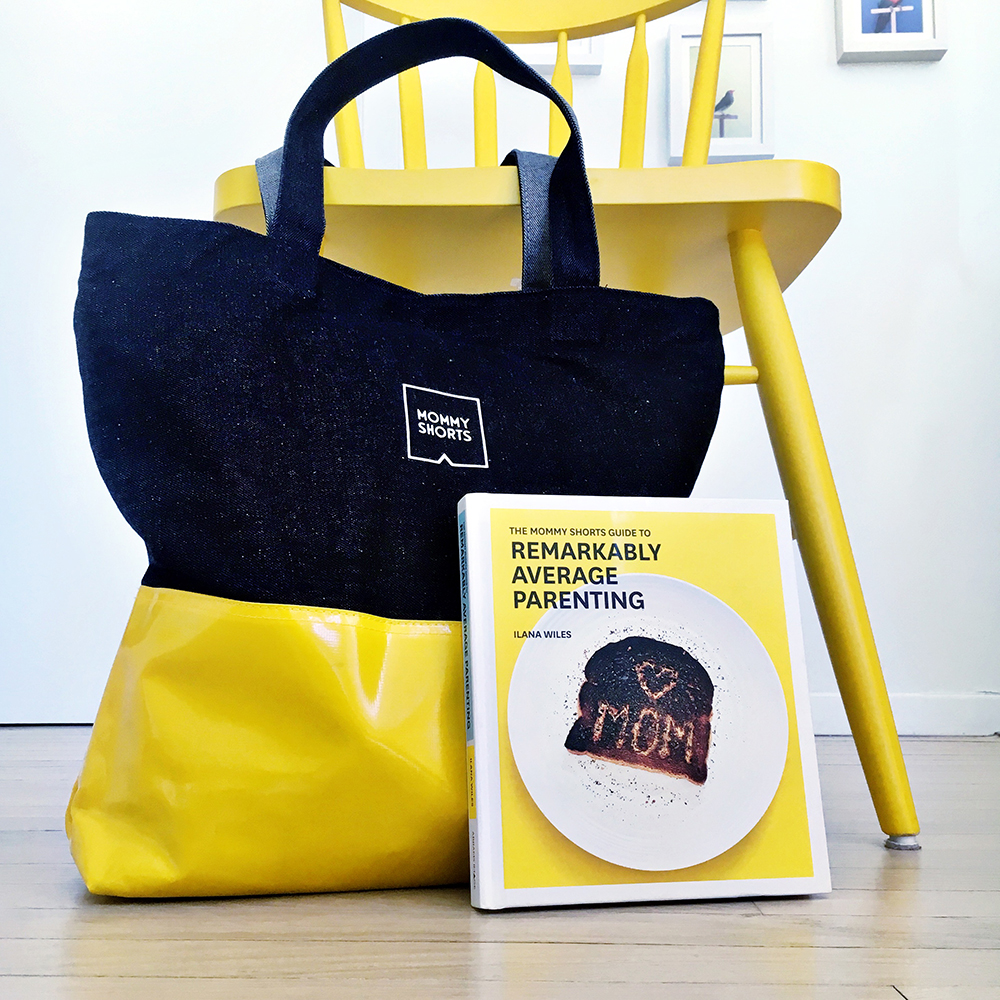The other day, a woman who identified as pro-life left me a direct message about her point of view that government should not be involved in a woman’s decision with what to do with her body. I thanked her for sharing her perspective and then asked, “Honest question. What is the difference between your belief and being pro-choice?”
After a lengthy exchange where she mostly talked it out with herself, she realized she is in fact pro-choice. I shared that exchange on my story (with her permission) along with my own thoughts on people choosing not to identify with pro-choice, which is this:
I’m beginning to think more and more people don’t understand what pro-choice means.
It’s a spectrum.
You can believe that women should be allowed to do whatever they want with their own bodies.
You can believe that abortion is morally wrong but the government has no right legislating what a woman does with her own body.
Or you can believe that, even though you would not get an abortion yourself, there are certain circumstances, like rape or risk to the life of the mother, that might make an abortion feel necessary for somebody else.
These all fall under pro-choice beliefs.
Honestly, I think this might be more of an advertising problem than an ideological difference.
The “pro-life” lobby just came up with the better tag line. Because EVERYONE is pro-life. Politically, it means that you are anti-choice, which ultimately means you value the unborn child above the mother.
Even if you don’t feel this way, this is what pro-choice people think you are saying when you say you are pro-life, because these are the kinds of bills that pro-life politicians keep trying to pass.
Pro-choice is not the same as pro-abortion. Pro-choice acknowledges shades of grey, while pro-life is black and white.
If you are pro-life BUT… (insert your reason here), you are actually pro-choice.
After I posted my point of view on Instagram, a strange thing happened. I started having the most interesting, constructive conversations in my direct messages with conservative women who have always identified as pro-life, but now realize that they are actually pro-choice.
I also got messages from women who believe life starts at conception, but value the whole life and vote for Democrats because their policies on things like healthcare, education and gun control help take better care of people after they are born. Many also made the point that ICE detention centers and keeping kids in cages seem anything but pro-life. There were also pro-life women in my DMS who said they vote for Democrats because their policies (like sex education, paid time off, free birth control, tax-relief, welfare) have been proven to decrease the number of abortions. And I got messages from a number of women who considered themselves pro-life until they were under a set of circumstances that led them to terminate a pregnancy. They talked about how tortured they were by that decision and the guilt they live with, even in cases where their lives were at risk. There was also a message from someone who considered herself pro-life until a young woman came to her who had just found out she was pregnant and was contemplating suicide. She brought her to a clinic and saved that girl’s life, even though she says she would never choose an abortion for herself. There was another message from a woman who was the result of a rape. She said that her mom chose to have her and that she was more at peace with being on this earth knowing that her mother wasn’t forced to give birth to her.
I should also mention that there were a few pro-choice women who agreed with my definition of pro-choice above, but wanted to point out that saying “unborn child” was a strategy of pro-life groups. Scientifically, it’s an embryo (before the 11th week) or a fetus (after the 11th week.) I left it as “unborn child” because I think certain language makes it hard for more conservative women to even enter the conversation. Regardless of what terms you attach to a pregnancy, my argument still stands.
Other women said they agreed with women getting to choose what they wanted for their own bodies, but they thought there should be some limitation on it. I want to be clear that in this current world where abortion is legal, there is a limitation. Each state has their own limitation to how far along in her pregnancy a woman can be to get an abortion. Many doctors will not perform an abortion after 12 weeks. An abortion after 24 weeks is only allowed for medical reasons, like risk to the mother’s life.
I also want to mention that we know what a pro-choice country looks like. We live in it. If you want to know what it’s like to live in an anti-choice country, I suggest reading this story about a 10yo girl seeking a legal abortion in Brazil after being repeatedly raped by her uncle. In the same way that anti-choice groups fear women will suddenly be having abortions a few weeks before their due date (as Trump has falsely described), pro-choice groups fear that in a country where abortion is illegal, women will find ways to have unsafe and life threatening abortions anyway. There are also Republican senators who have tried to pass bills that criminalize abortions, even going so far as making women prove their miscarriages or risk jail time. The anti-choice position is very slippery slope. One where men will make the rules, instead of trusting women to make the best decisions for themselves.
I am putting this all in a post because I think constructive conversations are the only way we are going to get past this low point in our history. We can have differing points of view but still see eye to eye on some things. It is not an echo chamber on any of my platforms even though it feels like it sometimes. It is not black and white with everyone on one side or the other either. There are reasonable people who are still coming to terms with their beliefs. There are Republican women who no longer identify with their party but don’t feel like they fit in with the Democrats either.
They are listening. Let’s show them kindness and educate them about the wide array of beliefs that exist on the other side.





























I’ve been a reader for years and this is your best post yet. Thank you. Scream it from the rooftop and than you for using your platform to explain this.
I think it’s interesting to observe the term pro choice in a very feminine world. To me, every human (women especially) by virtue of the fact that they’re living in this world, is pro choice. It’s like going around and saying hey world, I’m a human being! Well duh. If you’re living in this world, you’re a human being. And if you’re alive and well you’re pro choice.
Very well stated. Being anti-abortion is one of the huge reasons that my parents are voting for Trump. I am having a hard time reasoning with them. Maybe this will help.